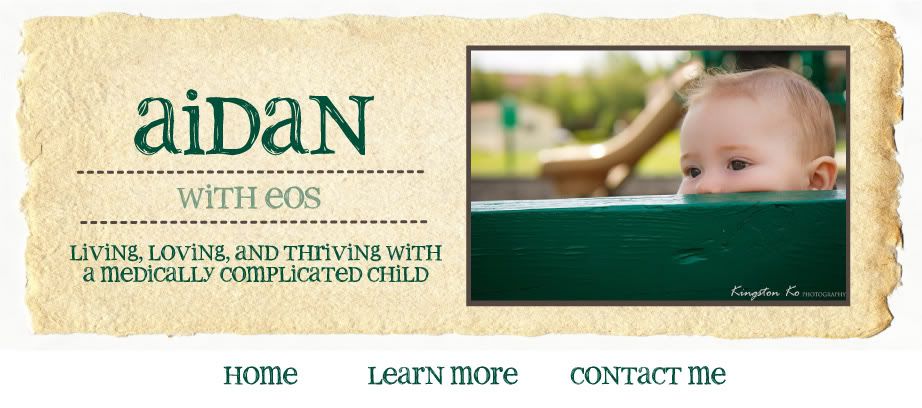 A couple of months ago, another blogger reached out to me to share an article with me that seemed pretty relevant. It's called What Nannies Need to Know About Allergies, and it really did get me thinking. While the article is fairly high-level, I appreciate the attention to the subject matter. The fact is, it's really important to think about allergies when you're caring for someone else's child! And I'll admit, I never really thought much about it prior to having my own child.
A couple of months ago, another blogger reached out to me to share an article with me that seemed pretty relevant. It's called What Nannies Need to Know About Allergies, and it really did get me thinking. While the article is fairly high-level, I appreciate the attention to the subject matter. The fact is, it's really important to think about allergies when you're caring for someone else's child! And I'll admit, I never really thought much about it prior to having my own child. So what does a parent with a Nanny have to think about these days? Obviously, the Nanny should be informed of the allergies that the child has, and should be trained in the proper use of an Epi Pen. The article I mentioned above notes that families often keep "allergy foods" out of their houses - but honestly, I find this often not to be the case. Not all family members have the same restrictions, and in some cases, an allergic child may have so many restrictions that it's not feasible to clear the home of all unsafe foods.
In my opinion, the most important thing that a Nanny or other caregiver should be taught is how to recognize a reaction. Because it's not just a child who falls to the floor lifelessly. It's also a child that's starting to cough, whose nose or eyes are starting to run, whose face is becoming flushed, whose skin is becoming rashy, or whose mouth feels "funny." It's a child whose tummy doesn't feel good, whose ears are flushed, or whose scalp is itchy. These (and countless other) subtle signs are so often missed - and these are the times when a quick administration of Benedryl can head off a worse reaction. If nothing else, I hope my Nanny knows this and tells the other Nannies she knows.
So how about you? What do you tell your allergic child's caregivers?


I know this is off-topic, but where did you get the picture?
ReplyDelete